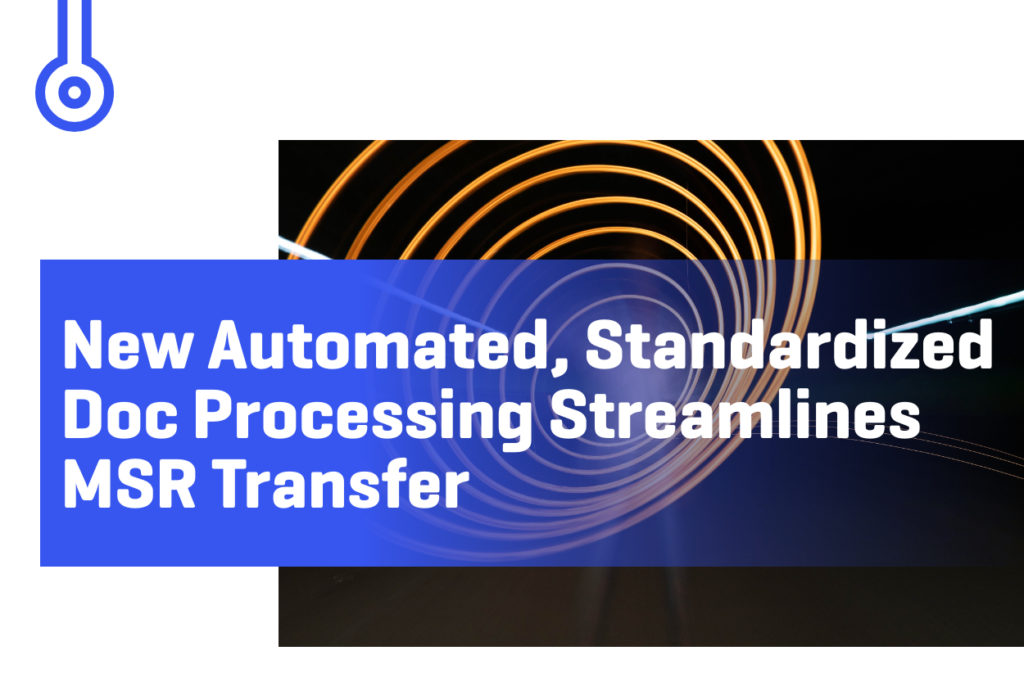Prior to the Covid-19 pandemic, the financial industry was already evolving at a rapid pace, mainly driven by evolving customer expectations, advancement in technology, and heightened competition from incumbents and new entrants.
However, in just a few months, the crisis brought about years of change in the way companies in various sectors perform business.
According to a recent McKinsey Global Survey of executives, most companies have accelerated their supply-chain digitation by 3-4 years.
The cumbersome and time-consuming Loan origination process
Many lenders still use manual and paper-based procedures, which is often a time-consuming process, making it extremely difficult for lending companies to meet their customers’ demands for ever-shorter response times.
According to November 2020 Ellie Mae Origination Insight Report Data, the time to close loans has increased to 55 days, up from 54 days in October, which is the biggest concern for companies to satisfy consumers’ evolving demand of expecting much quicker turnaround times in the digital era.
Fragmented lending Supply-chain: An age-old need for Digitization
Furthermore, financial institutions have many potentials to increase their efficiency and streamline complex processes by digitizing the lending supply chain. Embedding Artificial Intelligence in the ecosystem can subsequently help companies to enhance their overall supply chain performance. It can also help lenders with possible implications across various scenarios regarding time, cost, and ROI.
Tackling fragmentation with Digitization
Digitization resolves issues arising from fragmentation of delivery as well as sluggishness caused due to legacy loan origination. Moreover, COVID-19 has forced “a change of mindset” from the historically slow pace in digitizing supply-chain activities. Lenders are forced to develop truly end-to-end digital capabilities, from onboarding and application through approval and execution to improve servicing, capacity, and ability to automate underwriting and risk management.
AI can be used in various ways in the credit process to make it more agile and efficient. Right from legitimizing a new customer who applies for credit to choosing a suitable credit product or optimizing the credit check, the credit sector’s scope of intelligent data analytics is wide. Not only that, by leveraging AI and ML applications, lending companies can tap into customer experience at the right time with the right offer and can deliver a delightful customer experience.










